A Level Chemistry
Curriculum overview for A Level Chemistry
Curriculum intent – the knowledge, understanding and skills that students will learn
Building on Key Stage 3 and Key Stage 4 knowledge, students will develop links between the different areas of the subject and understand how they relate to each other, for example, how the structure of the atom determines the type of bonding an element will undergo and linking this further to the shape of molecules and drawing isomers. They will develop and demonstrate a deep appreciation of the skills, knowledge and understanding of scientific methods so being able to evaluate experimental results. Students will develop their disciplinary knowledge to be able to construct their own experiments, selecting appropriate apparatus, techniques and data analysis to reach a valid conclusion, and appreciate the role of chemistry in the developing global society.
Curriculum implementation – teaching, learning and assessment strategies
Students will be expected to complete pre-reading prior to lessons and develop their own independent wider reading on recent developments in the field of science. Wider reading and research include listening to scientific podcasts, reading articles and relevant books and analysing recent news. In-class teaching is sequenced to ensure that students begin with the foundational knowledge of each topic, (relating back to prior learning in Key Stage 3 and Key Stage 4) then developing this in further depth. In-class teaching may be delivered as a traditional ‘teacher talk’ lesson, questioning students as to their understanding or as an independent reading activity where students extract the information themselves and then check that information as whole class. Students are strongly encouraged to use the Cornell note taking method to ensure they have a source of information for revision which can be developed further with a cycle of reflection and reviewing their notes. They will complete experiments to develop HSW (How Science Works) skills, develop learning within the topic and develop the skills required to complete the practical endorsement section of the A-level. Personal learning checklists ensure students can review and identify areas where they lack confidence. When secure in their knowledge, they will practise their skills of application and analysis by completing exam questions and gaining feedback to identify gaps in knowledge or where skills need further development. Teachers will use a variety of tasks to enable students consolidate the knowledge and practise skills learnt in the unit such as modelling of processes, use of plasticine, use of molymods to model chemical structure, quiz questions, review sheets and exam-style questions. Students are assessed at the end of each topic with tests which are based on exam questions but review content from previous learning alongside current learning.
Curriculum impact – intended outcomes for students
• To develop necessary knowledge and understanding of different areas of the subject and how they relate to each other
• To gain an informed understanding of the skills, knowledge and understanding of scientific methods
• To develop competence and confidence in a variety of practical, mathematical and problem solving skills
• To develop their interest in and enthusiasm for Chemistry, with potential to pursue a future career in the subject
• To understand how society makes decisions about scientific issues and how the sciences contribute to the success of the economy and society.
Course overview for A Level Chemistry
Exam board: OCR - OCR A Level Chemistry A H432 Specification
Coursework: Not applicable
Paper 1: Periodic table, elements and physical chemistry (37% of the qualification)
Module 1 - Development of practical skills in chemistry
Module 2 - Foundation in chemistry
Module 3 – Periodic table and energy
Module 5 – Physical chemistry and transition elements
Paper 2: Synthesis and analytical techniques (37% of the qualification)
Module 1 - Development of practical skills in chemistry
Module 2 - Foundation in chemistry
Module 4 – Core organic chemistry
Module 6 – Organic chemistry and analysis
Paper 3: Unified Chemistry (26% of the qualification)
Module 1 - Development of practical skills in chemistry
Module 2 - Foundation in chemistry
Module 3 – Periodic table and energy
Module 4 – Core organic chemistry
Module 6 – Organic chemistry and analysis
Practical endorsement in chemistry: Reported separately
